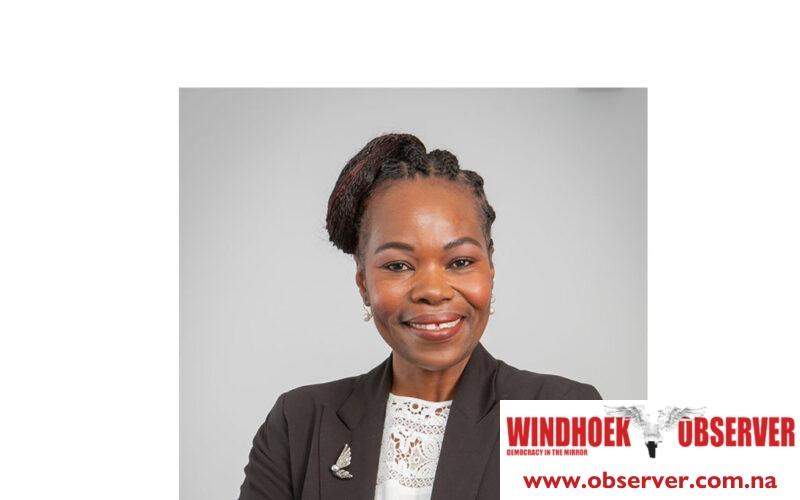Martin Endjala
The Global cosmetic market is projected to grow by U$393.75 billion in 2024 and by U$758.9 billion in 2032.
The market was valued at U$374.18 billion in 2023.
This was revealed by the Namibia Investment Promotion and Development Board’s (NIPDB) executive director for talent, innovation, and productivity, Julia Muetudhana, on Tuesday at the launch of the Namibia fatty oils export guide for Micro, Small and Medium Enterprises (MSMEs).
She said the rising consciousness among the global population regarding personal appearance and well-being propels the cosmetic industry to grow.
“The Namibia fatty oils export for MSMEs is a comprehensive resource through which we aim to share knowledge and experience, providing especially new entrants with insights and strategies that can elevate your cosmetics export endeavours to Europe and the world,” she said.
Muetudhana said that given the projected growth of global cosmetics, Namibian fatty oils have successfully carved out a significant market niche in Europe owing to their exceptional quality and diverse applications.
She said fatty oils, such as marula and manketti, have gained popularity in the European cosmetic and skincare industry because they are renowned for their purity and unique composition.
Muetudhana added that the oils are rich in essential fatty acids, antioxidants and vitamins, making them ideal ingredients for high-end beauty products.
She said the guide will equip MSMEs with the know-how to tailor their products effectively to the European market while ensuring compliance with local regulations.
Meanwhile, Namibia Trade Forum’s acting chief executive officer, Elijah Shaushini, stressed the need to add value to the country’s natural resources by exporting them as finished products, not raw materials.
He said this would disrupt job creation in the country. “When we export our raw materials to Europe, they are taken to production areas and transformed into finished products, creating jobs for that country. So we need to do that here in the country so we can do the much-needed jobs for our people,” he said.
Shaushini also urged entrepreneurs to be more innovative by creating more than one product so that they do not suffer when the market becomes saturated, given the constant production of innovative products.
GIZ team leader for Climate Change and Inclusive use of Natural Resources, Klemens Riha, said the market holds potential for sustainable development like green hydrogen, and Namibia should seize these opportunities.




